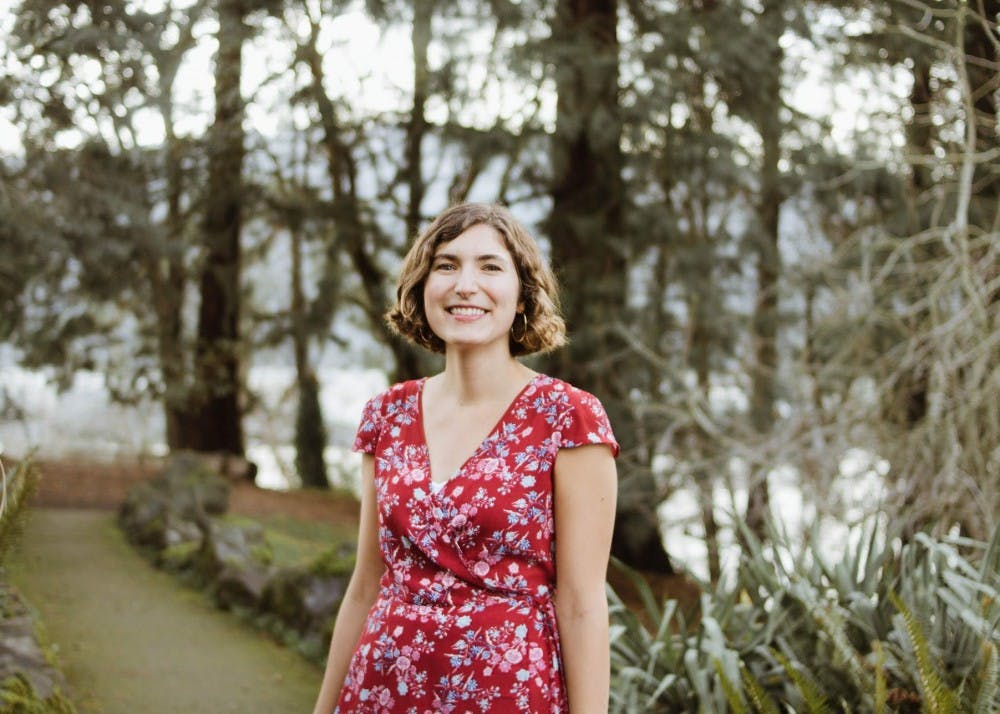Last semester, I studied abroad in Granada, Spain. And it wasn’t the glamorous experience that so often characterizes UP study abroad.
Before I left, I intentionally only gave myself the expectation of learning a lot of Spanish because I knew that if I planned to see every corner of Europe, eat all the tapas and form lifelong friendships all while learning how to dress like a fashionable European, I’d be disappointed.
I also wasn’t so naive to think that every day in Spain would be magical. But it certainly felt like I was failing study abroad when it wasn’t comparing to what so many people had told me.
I recognize that it may seem absurd to point out a negative aspect of study abroad when it is a privilege to even study abroad. However, critically reflecting before you leave on some of the challenges you could encounter, encouraging transparent conversations about study abroad and stopping yourself the moment you start comparing your experience to anybody else’s could help you maximize your personal growth during study abroad.
In Granada, host families, program coordinators and other students provide a lot of support. However, I felt like I had to give up almost all of my independence and rely a lot on others because of the highly structured program.
This feeling worsened when, one month in, I developed a health problem that persisted until the end of the program and forced my host family to take me to the hospital many times, which made me feel like a burden.
Being in pain and feeling like I had lost my autonomy also seriously impacted my mental health, to the point of having to go to therapy in Spain (not how I expected to spend my time there, but one of my best choices of 2018). The combination of these factors made me constantly think that everyone was using their time better than I was and having a better experience.
I felt guilty and ungrateful for recognizing that there were days when I was miserable in the breathtaking, sunny place that is Granada, especially after so many people assured me I would have the time of my life.
However, I also know other people in my program struggled and felt at times that they were doing study abroad “wrong” for one reason or another. So, why are so many people inclined to present a polished, curated image of their experience that often doesn’t mention moments like these?
Acknowledging these days (or weeks) exist doesn’t mean that you’re not appreciating the program or that you’re making it look unappealing. In fact, these acknowledgments help because they depict a more realistic image of study abroad.
Before you leave, don’t just ask people who’ve gone for the best tapas bars or how to get cheap plane tickets — ask them what their biggest struggles were, how they felt at their lowest moments and how they managed their mental health while abroad.
My goal in sharing this perspective is not to discourage people from studying abroad — I don’t regret it and I’d recommend it to everyone. It’s simply to reiterate that study abroad is still life, no matter how many glowing reviews you hear, and that everyone’s experience is unique.
Have few expectations, mentally prepare yourself for unpleasant situations and don’t compare your experience to anybody’s else’s.
Dora Totoian is a senior reporter for The Beacon. She can be reached at totoian20@up.edu.








